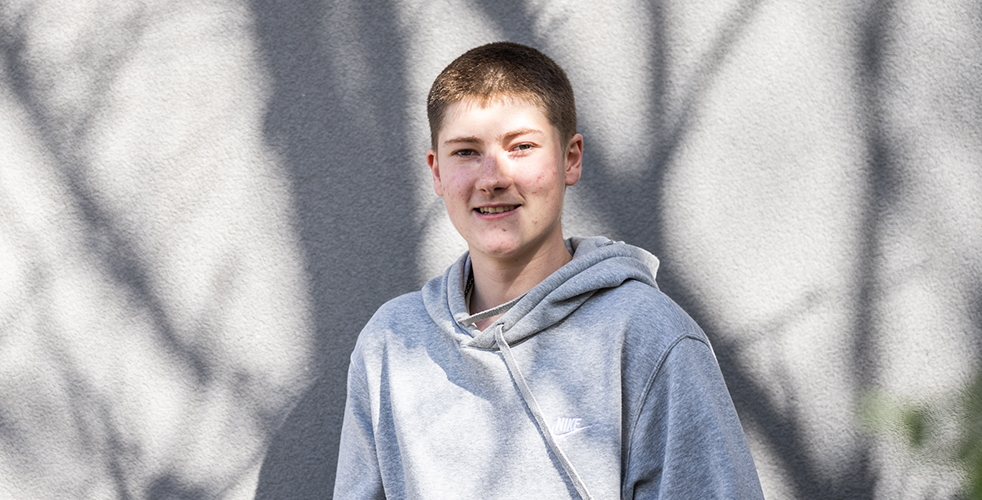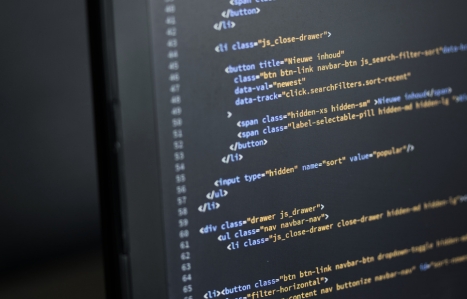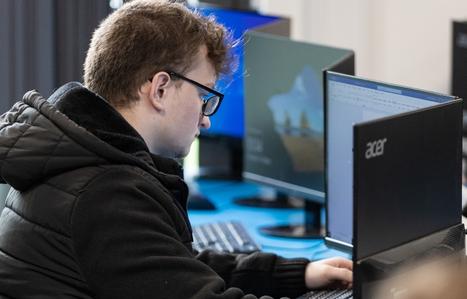Mathematics AS/A Level
This course is ideal if you enjoy Maths and wish to develop your skills. It will take your mathematical knowledge to the next stage, with the study of Pure and Applied Mathematics.
Course Information
- Course Type School Leaver
- Subject Area Mathematics
- Qualification A Level 🧩
- Study Mode: Full Time
- Course Level Level 3
- Location Maths and Science Centre
- Course Length 2 years
- Overview
-
This course can be combined with others and goes well with mathematically based courses, such as Biology, Chemistry, Geology or Environmental Science. It is very highly recommended for Computer Science, Economics or Physics, and is essential to progress with those subjects at university.
You will study an AS Level in the first year of this course.
Students taking Mathematics at A Level study both Pure (Core) Mathematics and Applied Mathematics. Two thirds of the course is Pure content, the remaining third is split equally between Mechanics and Statistics.
This course is ideal if you enjoy Maths and want to develop the skills gained at GCSE, particularly the more abstract elements of algebra. Definitely choose it if you want to go to university to study a mathematical course.
You will be taught by a mixture of group lectures, individual support and self-learning study materials. There will also be use of graphical calculators and computer software. A regular weeklyA level Mathematics workshop ensures that you get all the Mathematics help you need outside group lectures. External assessment will be by 3 examinations (each 2 hours) for the course at the end of year 2.
What topics will I study?
Pure Mathematics is the study of mathematical language and techniques such as algebra, geometry, trigonometry and calculus (differentiation and integration).
Applied Mathematics includes the study of statistics and mechanics.
Statistics is the application of mathematics to data analysis and uncertainty. This includes data analysis, probability theory and hypothesis testing.
Mechanics is the application of mathematics to solving physical problems involving kinematics [the study of motion] and forces. This looks at the equations of motion [involving displacement, velocity, acceleration and time], forces and Newton’s laws of motion.
You will:
- Focus on fundamental techniques such as algebra, geometry, trigonometry and calculus
(differentiation and integration) - Develop excellent analytical skills through your study of statistics, including use of large data sets
- Learn how to use mechanics, including Newton’s laws of motion, to solve physical problems involving motion and forces
- Access individual support at weekly drop in sessions
Mathematics is a valuable qualification for Scientific, Computing and Engineering degrees and has links with many other subjects including Business Studies, Geography, Economics, Biology, Environmental Science and Psychology.
Future Steps: Mathematics is an essential qualification for most Economics, Maths, Computer Science, Physics and Engineering degrees and strongly supports many other courses including Biology and Chemistry as well as working alongside subjects such as Business Studies, Geography, Geology, Environmental Science and Psychology. Future job roles might include engineering, computer scientist, accountant, actuary, finance, data analyst. Maths is a very strong subject that supports progression in a wide range of diverse careers.
- Focus on fundamental techniques such as algebra, geometry, trigonometry and calculus
- Entry Requirements
-
You will need a grade 4 in GCSE English Language and grade 6 in Maths and grade 6 in Physics/66 in Science. Plus, you will need five more GCSEs at grade 4 or above.
If you have a grade 6 in GCSE Maths, a compulsory supplementary Maths course is provided which requires attendance at an extra Maths Support lesson each week.
- Facilities
-
You will have access to fully equipped classrooms and PCs as well as access to a Learning Resource Centre (LRC).
- Additional Costs
-
There are some costs of materials and resources. In addition to stationery, you will need to purchase a textbook for the course. You will need a scientific/graphical calculator with statistical functions and probability functions.
-
Have a question?
If you have questions or would like to speak to someone, our team of Customer Service Advisers can help answer your questions or direct your enquiry to the correct team.
Speak to us today on 01392 400500 or send us a message using our contact form: www.exe-coll.ac.uk/contact. -
Ready to find out more?
Why not come along to one of our open events, a chance to explore our facilities, ask questions about our courses and find out more about being a student at Exeter College. Visit our open events page to find out more today.




What our students think?
“I have enjoyed using all the great facilities at Exeter College – being able to access the studios and dark rooms is excellent. Studying Photography full time has opened my eyes to all the different aspects of the subject and the opportunities to take it further.” Summer, studied Creative Practice: Art, Design and Communication (Photography)... Read more >
“I really enjoy College life. Learning and being able to spend time with people your own age, who also love the subjects that you do, is great. I would like to go to university to study Architecture.” Read more >
“Maths can help you build your confidence to try more things, as it’s really rewarding when you get the right answers and figure things out by yourself.” Read more >
“Physics is my favourite subject and I particularly enjoy atomic physics. There is a helpful link between Physics and Maths, which is very interesting and lots of cross over, for example, when studying kinematics.” Read more >
You may also like View all Level 3 Courses View all Mathematics Courses
-

Website Development – Extend Option
- Level: Level 3
-

Introduction to Programming – Extend Option
- Level: Level 3
-

Cryptography – Extend Option
- Level: Level 3
